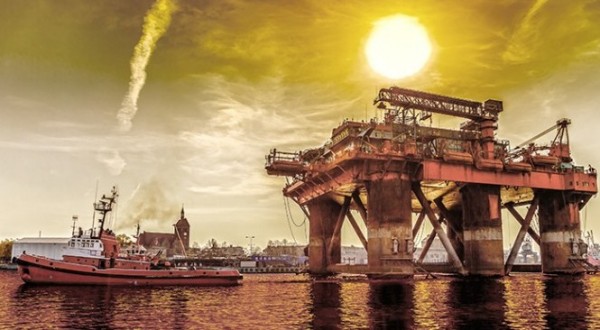During the One Planet Summit convened by President Emmanuel Macron of France, the World Bank Group made a number of new announcements regarding the implementation of the Paris Agreement’s goals.
Specifically, the World Bank said that it will no longer finance upstream oil and gas, after 2019.
It will only make an exception in exceptional circumstances, where consideration will be given to financing upstream gas in the poorest countries where there is a clear benefit in terms of energy access for the poor and the project complies with the countries’ Paris Agreement commitments.
World Bank made this decision because technological advancements give the possibility of low-cost options to many countries, in order to enhance their energy access and supply.
For example, solar photovoltaic costs reduced by 80% and wind power costs by 60% the last ten years.
Furthermore, World Bank announced that it will will report GHG emissions from the investment projects it finances in key emissions-producing sectors, such as energy, starting next year. The results will be published in late 2018 and annually thereafter.
In addition, it will apply a shadow price on carbon in the economic analysis of all IBRD/IDA projects in key high-emitting sectors where design has begun since July 2017.
“IFC started using carbon pricing in key sectors in January 2017 and will mainstream the same starting January 2018,” World Bank concluded.































































